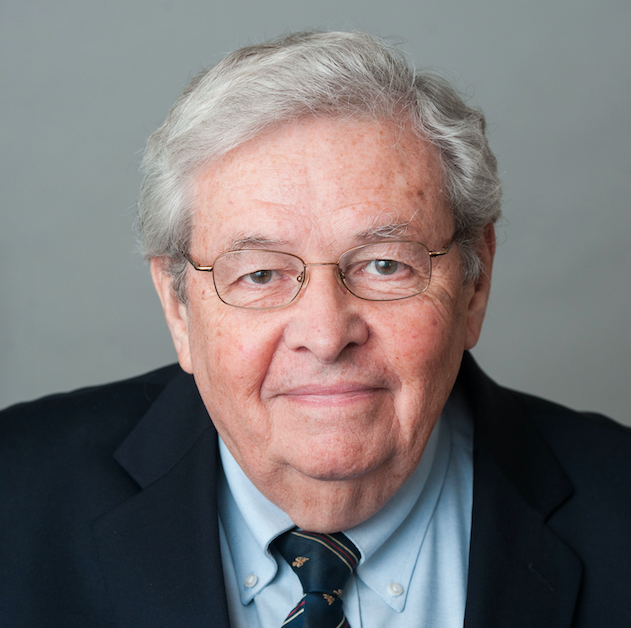By Bob Baker

That ever-present witness to, and always astute commentator on the birth of our field, Al Jonsen, once characterized Bob Veatch as “the original bioethicist” (Birth of Bioethics, 55). After a stint in Nigeria working for the peace corps Bob turned away from pharmacology to put together a bioethics doctoral program for himself at Harvard. He did so before our field had been conceived and well before it had been named. He then became the Hastings Center’s first employee, or, as he liked to tell the tale, the first person to turn the key and enter the small room above a dentist’s practice that served as its original office. Bob eventually headed the Center’s Death and Dying study group, and, independently, acted as an ethics consultant to the Quinlan family in their struggles to wrest control of the fate of their daughter, Karen Ann, from paternalistic physicians.
I first met Bob in 1974 at “Camp Sam,” a Council of Philosophy Studies summer institute on Medicine and Morals organized by Samuel Gorovitz. He and I liked to chat and when I invited him to give some lectures to pre-health (and later bioethics graduate) students at the small liberal arts college that had become my academic home, he readily accepted. Until two years ago he returned to our campus every summer to give my students a tour of his ever-evolving conception of bioethics. Some students learned the contractarian conception that Bob laid out in his 1981 book, A Theory of Medical Ethics, which was modeled on the theories of one of his teachers at Harvard, John Rawls. Bob would later embrace common morality theory but, no matter which permutation of his views was current, one thing remained unchanged: his unequivocal rejection of medical paternalism. One day, as we were strolling somewhere, I asked Bob how he would summarize his view of bioethics. Assuming that I was familiar with the essay “The Student As N….r,” he remarked that hospitals treated patients in the same patronizing manner, “the patient as N….r.” Bioethics, he continued, was a civil rights movement for patients.
Bob envisioned our field before it existed and educated himself to become the original bioethicist. He contributed to our field’s theoretical foundations, pioneered and role modeled ethics consultation, and was an amazingly effective teacher. Surprisingly to me, he was also a fan of bluegrass music. Our field has lost the original bioethicist but I will miss the depth of his knowledge, the resonance of his voice, the clarity and comprehensiveness of his thought, and, most of all, his friendship.
bb
November 17, 2020
